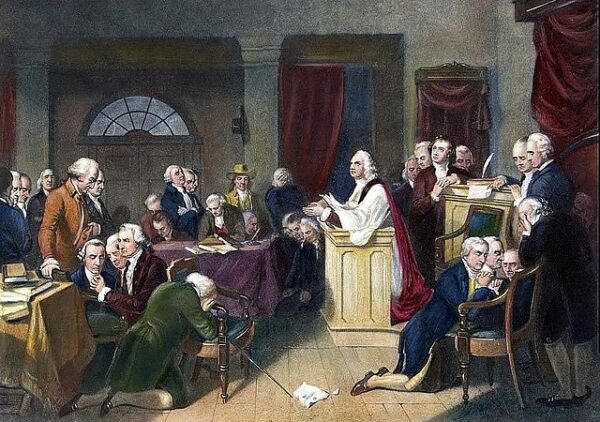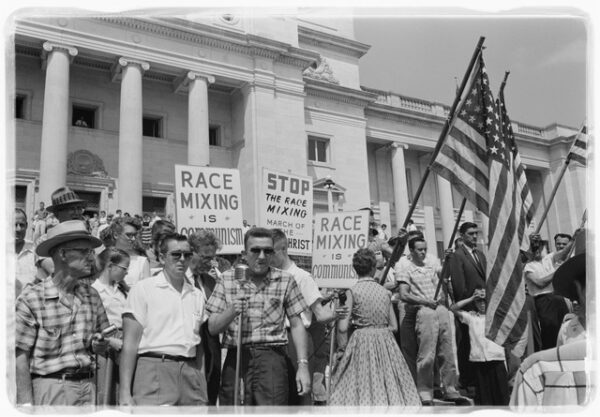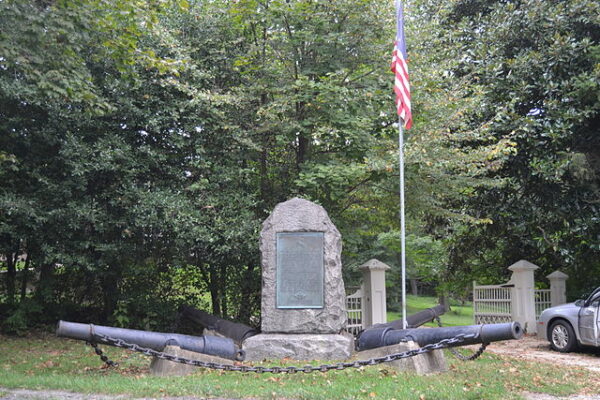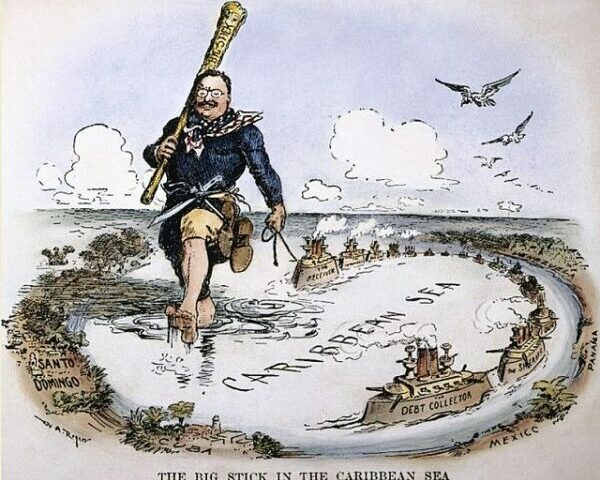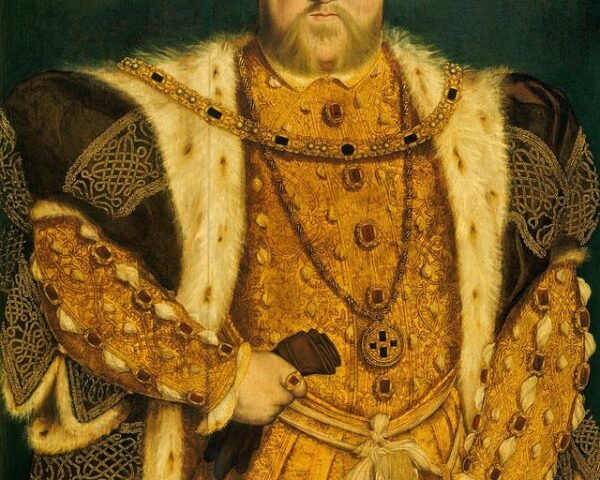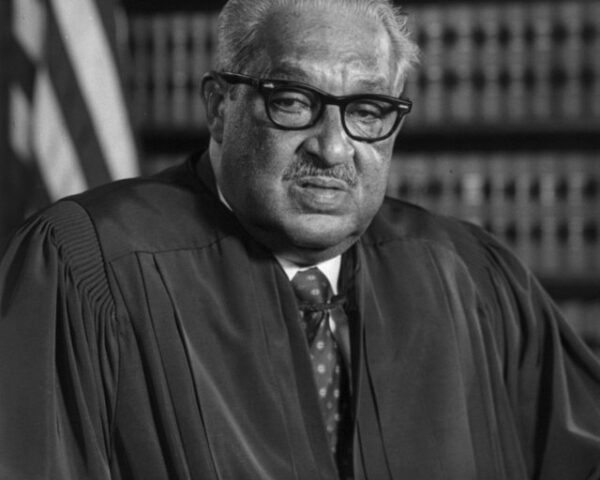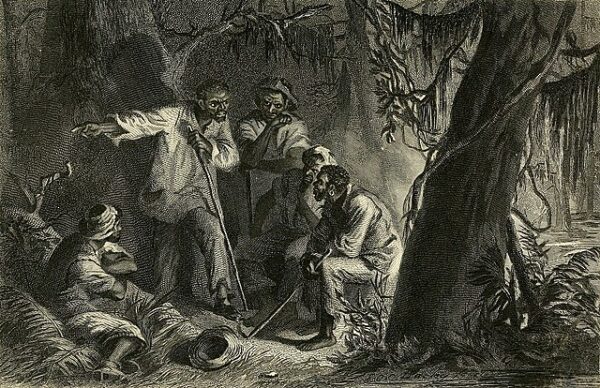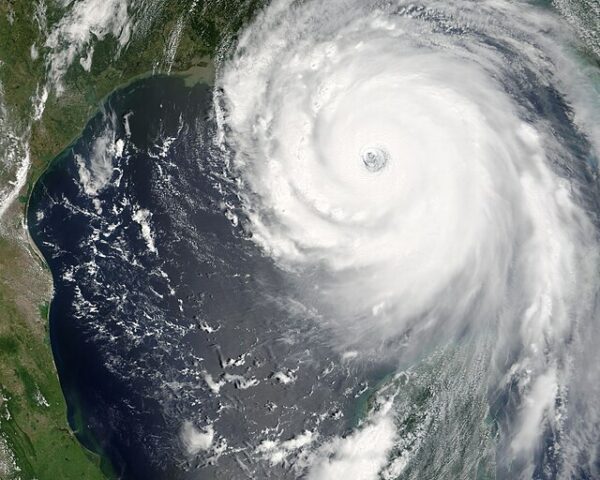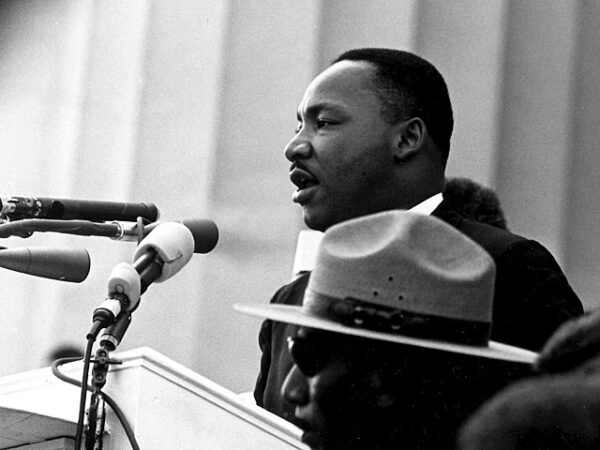On September 6, 1620, one of the most famous ships ever carried 40 “Saints” ready to start a new life of freedom in the New World of America. Departing from Plymouth, England, the Mayflower, along with its leaky companion The Speedwell, set sail for America. The Mayflower was a…
Read MoreOn September 5, 1774, Americans took one step closer toward independence with the meeting of the First Continental Congress. As tensions with Great Britain escalated, the colonies recognized the necessity of a unified response to the increasingly oppressive British policies, which many colonists believed…
Read MoreOn September 4, 1957, nine students tried to attend their new school for the first time and participated in one of the significant events of the Civil Rights Movement. Governor Orval Faubus ordered the Arkansas National Guard to surround Central High School in Little…
Read MoreOn September 3, 1777, during the American Revolutionary War, a seemingly minor skirmish took place near Newark, Delaware, known as the Battle of Cooch’s Bridge. Although small in scale, this engagement carries significant historical weight as it is widely recognized as the first time…
Read MoreOn September 2, 1901 one of the most famous foreign policy sayings in American history came out of the mouth of one of the nation’s legendary leaders. Just two weeks before ascending to the presidency, Roosevelt outlined a distinctive foreign policy approach that would…
Read MoreOn August 31, 1538, Pope Paul III issued the papal bull Eius qui immobilis, formally excommunicating King Henry VIII of England. This act marked a critical juncture in the escalating conflict between the English monarchy and the Roman Catholic Church, signifying the profound and…
Read MoreOn August 30, 1967, Thurgood Marshall was confirmed as the first African American Justice of the Supreme Court of the United States, marking a significant milestone in American history. Marshall’s appointment was not only a historic achievement for the African American community but also…
Read MoreThe following is an adapted excerpt from The Slaveholding Crisis: Fear of Insurrection and the Coming of the Civil War, used with the author’s permission. On August 30, 1800, a storm likely changed the course of the United States forever when an enslaved blacksmith named…
Read MoreHurricane Katrina, one of the most catastrophic natural disasters in U.S. history, struck the Gulf Coast on August 29, 2005. The storm caused unprecedented destruction, particularly in New Orleans, Louisiana, and left a lasting impact on the nation’s collective memory. Katrina was a Category…
Read MoreOn August 28, 1963, in front of the Lincoln Memorial in Washington, D.C., Dr. Martin Luther King Jr. delivered one of the most iconic speeches in American history. The “I Have a Dream” speech became a defining moment in the Civil Rights Movement, encapsulating…
Read More


